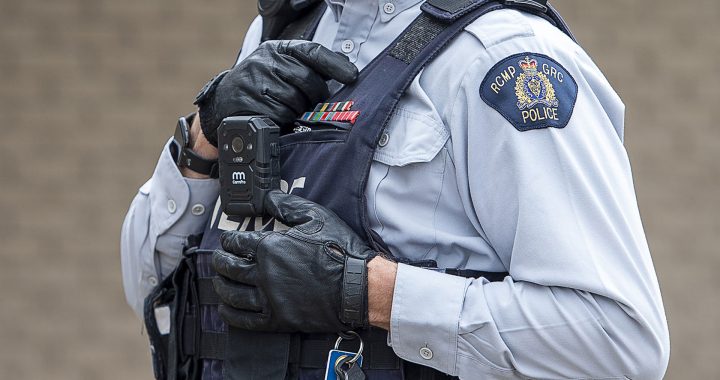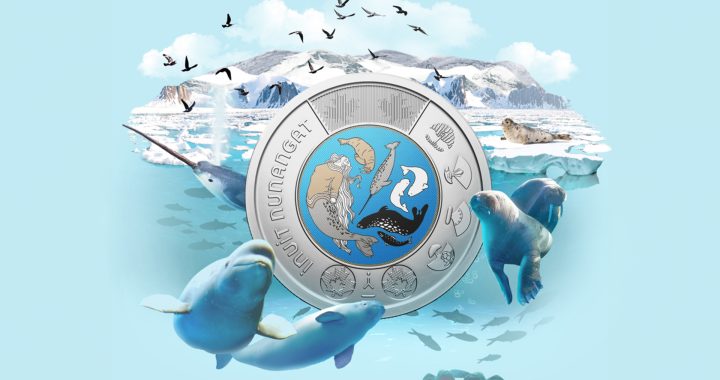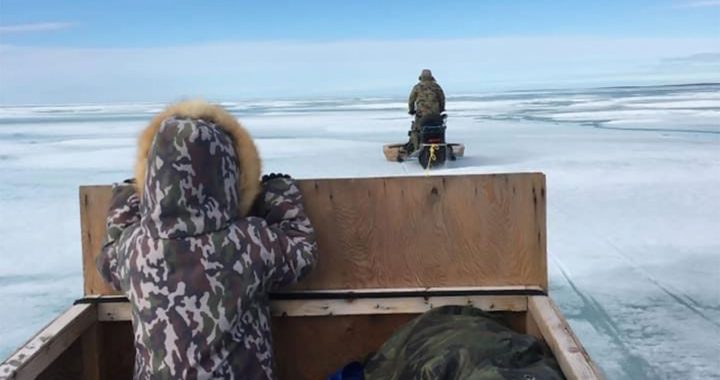Canada’s highest court will not allow a group of First Nations to appeal the federal government’s second approval of the Trans Mountain pipeline expansion, upholding the Federal Court of Appeal’s unanimous February decision that Ottawa adequately fulfilled its legal duty consult.
In a virtual press conference Thursday, Tsleil-Waututh Nation, Squamish Nation, and Coldwater Indian Band leaders said they were disappointed and frustrated but not surprised.
“This decision doesn’t alter our Tsleil-Waututh Nation law. It doesn’t change who we are. It doesn’t change what we do. It doesn’t change the fact that that’s our inlet and it’s our responsibility to protect our land and water that never changes,” said Chief Leah George-Wilson.
Natural Resources Minister Seamus O’Regan welcomed the decision but acknowledged some might be disappointed.
“The Government of Canada is committed to a renewed relationship with Indigenous peoples and understands that consultations on major projects have a critical role to play in building that renewed relationship,” O’Regan said in a statement.
O’Regan told APTN News he reassured Coldwater Chief Lee Spahan the government will work to keep communities safe.
“We’ll continue to engage them. You know the federal government had the duty to regulate here, to monitor and to make sure of engagement to communities. We understand that this is a contentious project.”
The Tsleil-Waututh Nation, Squamish Nation, Coldwater Indian Band and the Ts’elxwéyeqw Tribes successfully halted the government’s first approval of the project in 2016 after convincing the Federal Court of Appeal that the consultation process had been inadequate.
Ottawa approved the project again in 2019 after a second round of consultations.
The First Nations groups challenged again, but the Federal Court of Appeal sided with Ottawa.
The Ts’elxwéyeqw Tribes withdrew after that.
The remaining group had 60 days to appeal to the Supreme Court, which did not offer reasons for the dismissal.
There are still outstanding concerns about the impact the pipeline could have on drinking water. The approved route passes an aquifer that is the only source of drinking water for 320 people living on the main Coldwater reserve.
“They have an obligation to Coldwater, and we’re hoping that they do in the best interest for Coldwater and our band membership in the protection of our sole source drinking water, our aquifer,” Spahan told APTN.
“Not only for today but for generations. Seven generations that aren’t even here yet. Nothing can survive without water. We need to protect our water.”
There are also concerns about the effect on marine life, particularly the highly endangered Southern Resident killer whales, off the B.C. coast.
Lawyer for the First Nations, Eugene Kung said the whole process is flawed.
“To rely on the decision maker to decide on whether their own consultation on their own project was adequate is, I think to put it lightly, you know, trusting the fox with the hen house so to speak. And that’s challenging to have the government be the judge, the jury and executioner on this.”
The Union of BC Indian Chiefs (UBCIC) also reacted with disappointment and said the fight isn’t over.
“This dismissal is not a defeat in the fight against TMX, but a rallying cry to renew our resistance to this project and to continue supporting Indigenous Nations asserting their rights,” said secretary-treasurer Kukpi7 Judy Wilson in a release.
“Canada and British Columbia have committed to uphold the United Nations Declaration on the Rights of Indigenous Peoples, yet they proceed with energy and infrastructure projects that do not have our consent. Our rights are inherent – they do not come and go at the Crown’s convenience.”
Kinder Morgan proposed the pipeline but Prime Minister Justin Trudeau’s government purchased it and related infrastructure for $4.5 billion in 2018.
“The government approved TMX because it is an important project for Canada,” O’Regan said.
Construction is already underway.
The proposed expansion pipeline would run roughly parallel to the 1,150 kilometres of existing pipe between Edmonton, Alta., and Burnaby, B.C.
It would nearly triple the entire system’s output of diluted bitumen and refined products.
The current pipeline crosses two treaty territories in Alberta as well as 15 First Nations’ territories in B.C.
– With files from The Canadian Press and APTN News









